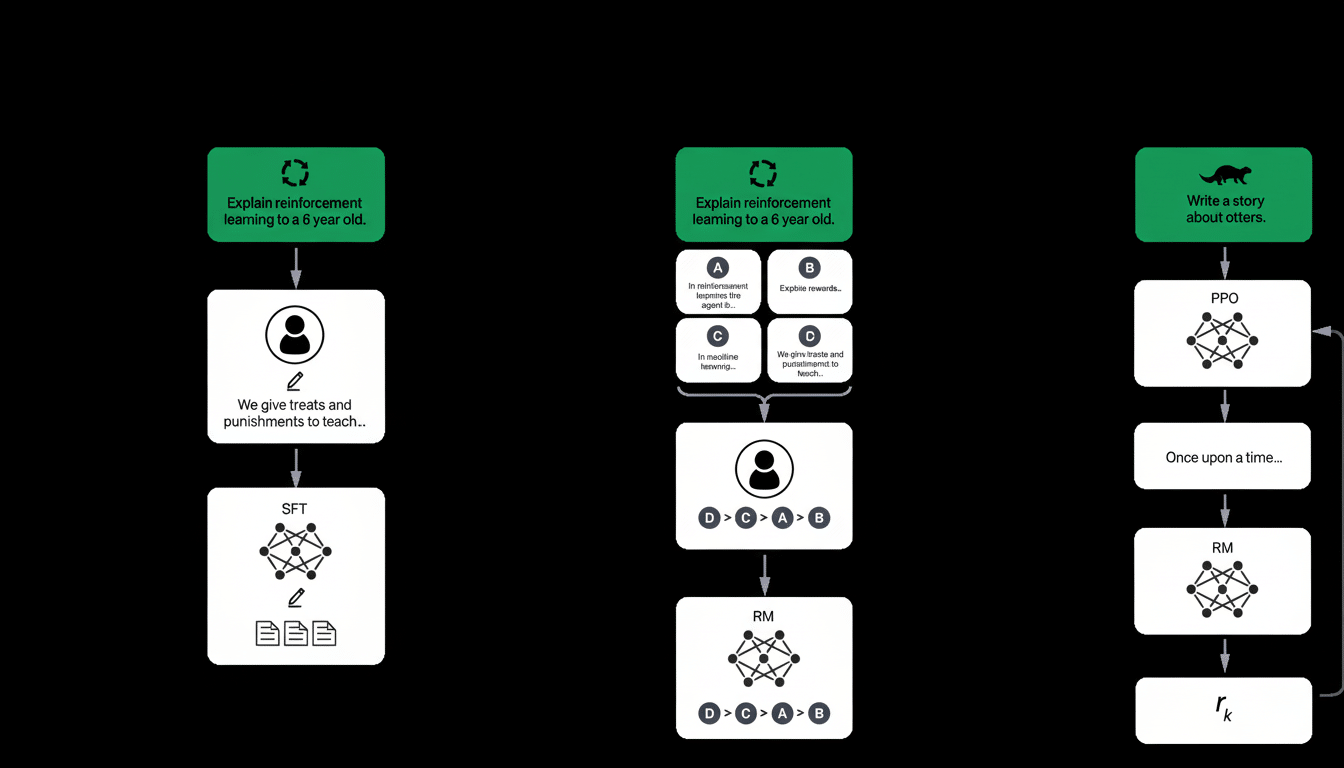The story that artificial intelligence will wipe out millions of jobs in “fintech” hasn’t changed much despite the current jitters among investors. Recruiting for technology jobs still seems robust, and the skills needed to help companies develop, scale, and govern AI systems are incredibly hot.
What the Recent Hiring Data Says About Tech Jobs
New surveys from ManpowerGroup’s Experis unit and Upwork suggest employers’ appetite continues apace.

Based on a survey of 6,533 IT employers in 42 countries, Experis finds that nearly half of tech firms globally expect to add staff this quarter — and one standout is the United States, where just over half plan to lift headcount, while only a small fraction foresee reductions. The pace is somewhat cooler than a year ago, but remains a relative bright spot for the country’s economy.
Underneath the headline numbers, the mix is changing. Planned IT services hiring trends higher, software-related intentions remain steady, while semiconductor-related hiring eases, according to Experis. The takeaway: Companies are focusing on skills needed to deploy digital programs, rather than expanding hardware-heavy footprints.
On the contract side, Upwork’s analysis of more than a million U.S. postings in its marketplace finds soaring demand for project management and localization — roles that help shepherd AI pilots to production. There is strong demand for Python, video editing, graphic design, ChatGPT-related work, AI-generated video, and virtual assistance — these are among the platform’s trending skills. And, interestingly, as companies clamp down on how much human review their AI gets, requests for data entry and quality checks are beginning to jump again, an Upwork Research Institute study finds.
Why AI Is Changing Jobs, Not Killing Them
The rush scoops up not just AI researchers and programmers, but also data engineers to pipe clean data into systems; ML engineers who tune models and deploy them at scale; cloud architects who help companies build the necessary infrastructure; and security teams who protect the new technology. In a significant share of cases, employers tend to be hiring to keep pace with AI and more general digital advances, explains Experis. The bottleneck appears to be not that there are no vacancies but simply a skills mismatch.
That “human infrastructure” is essential, says Nicholas Bloom, a Stanford economist who cites project managers and reviewers as key to governing AI in actual workflows. Indeed, human-in-the-loop techniques — in which humans verify, correct, and contextualize model outputs — are becoming standard practices in regulated industries such as finance or healthcare, driving even greater demand for skills relevant to oversight, testing, and risk management.
Tech Skills in Demand Right Now Across Industries
Applied AI and ML engineering is front and center. What we keep hearing from employers: Python as an absolute skill requirement (e.g., use PyTorch/TensorFlow for model building) and comprehension of retrieval-augmented generation, embeddings, and vector databases for use with large language models.
Data engineering remains foundational. Indeed, skills around ETL orchestration, streaming, and modern stacks — think Spark, Kafka, dbt, Snowflake, BigQuery, or Databricks — are essential ingredients to feed models and analytics with governed, high-quality data.
Cloud fluency ranks high. Architects and engineers who can design secure, cost-efficient systems on AWS, Azure, or Google Cloud — and automate those with infrastructure as code (IaC) and container orchestration technologies — are in demand as AI workloads drive compute requirements up.

MLOps and LLMOps experience is a big plus. Employers need engineers who can put models into production with end-to-end CI/CD pipelines, feature stores, prompt/version control tracking, monitoring for drift and hallucinations, and responsible AI controls.
Cybersecurity is non-negotiable. Identity and access management, secrets management, secure SDLC, and model security become top of mind as attackers test AI-enabled systems. Governance, risk, and compliance expertise — especially data privacy and auditability — provides immediate value.
Product and service range capabilities are soaring. The demand for project and program managers who can translate AI opportunities into roadmaps, budgets, and measurable results is particularly pronounced, according to Upwork’s findings. Content and design skills that are guiding generative AI — video editing, motion graphics, UX writing, localization — also feature prominently.
Quality control and oversight of data are making a return. Data labeling, prompt testing, red-teaming, and human evaluation infrastructure are more likely to be core competencies rather than side duties.
Where Demand Is Cooling and Where It Is Warming
Experis indicates a slowdown in semiconductors and some hardware-adjacent categories, driven by normalization following the pandemic peak of demand and continued supply chain challenges. At the same time, IT services providers are busy with cloud migration, AI implementation, and managed security; they report rising hiring plans, and software continues to chug along; orgs are modernizing apps around AI-enabled experiences.
How Candidates Can Break Through in AI Hiring
Match AI literacy with domain expertise. Employers prefer engineers and analysts who understand an industry’s data, regulations, and workflows. Show responsible AI practices — data provenance, bias mitigation, model monitoring — and measure real business impact, be it fewer support tickets, shorter cycle times, or reduced cloud spend.
Bring proof, not promises. A focused portfolio — encompassing apps in production, notebooks and dashboards for key tasks, infrastructure diagrams or analysis reports — says more than a list of certifications. Cross-train in adjacent skills like security, FinOps, or product management to extend your versatility on lean teams.
The jobs tale is more complicated than the doom loop implies. Businesses aren’t hiring in an uncompromising way, but they are hiring with intent — and the most prized skills lie directly at the intersection of AI, data, cloud, security, and pragmatic delivery.

